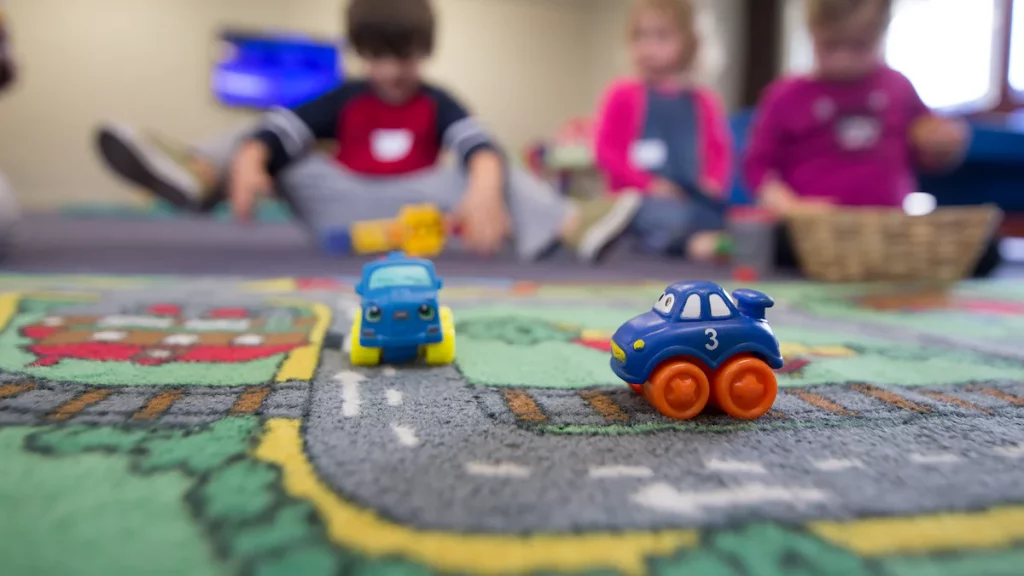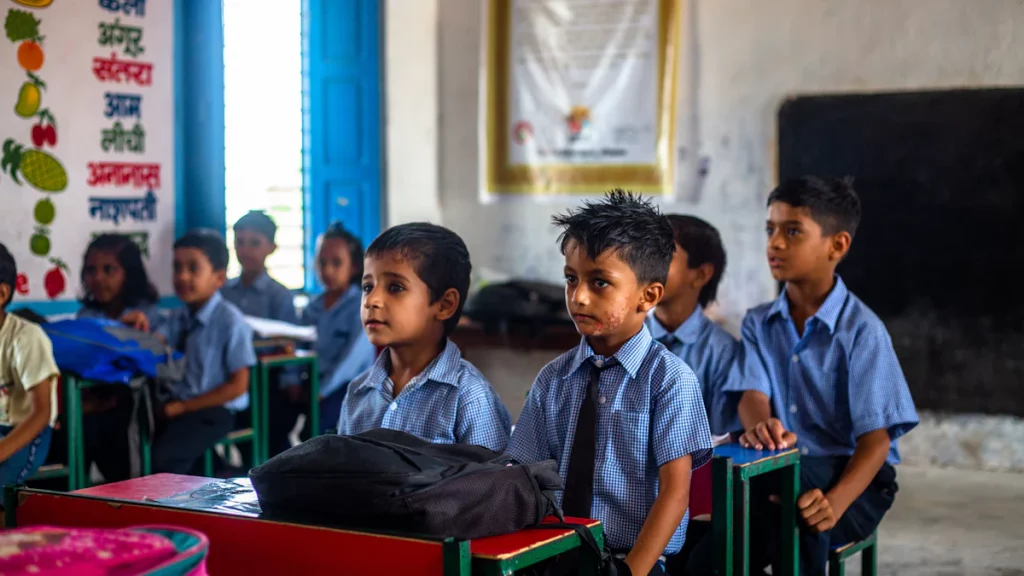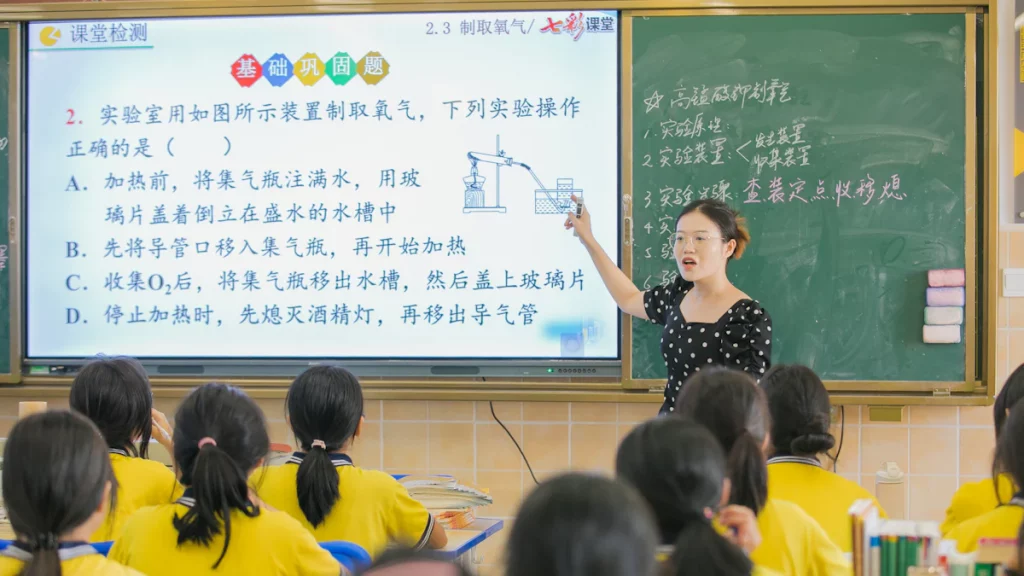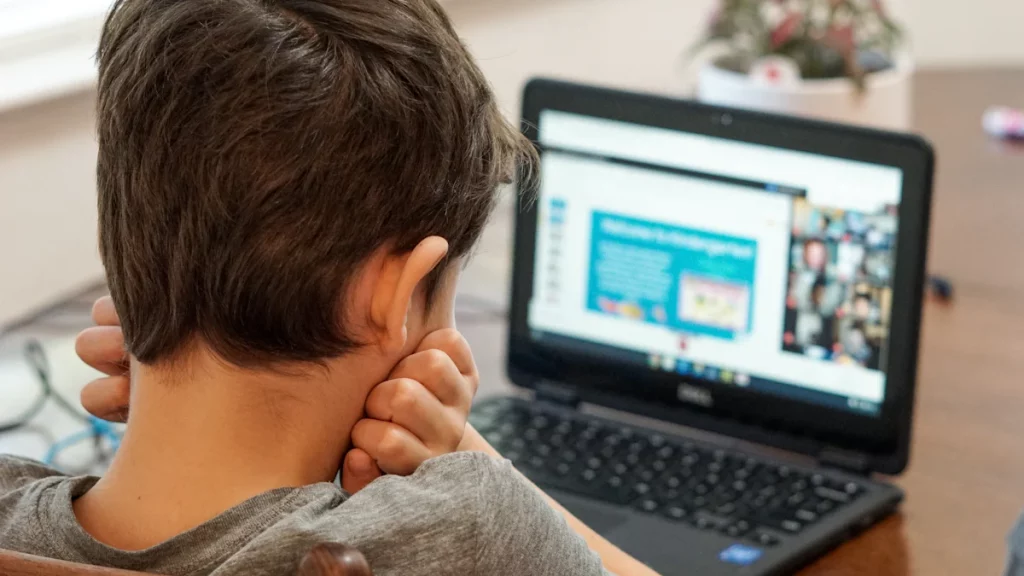Fun and Educational Activities for Preschoolers
Engaging preschoolers in fun and educational activities is a wonderful way to promote their development and learning. With 220 exciting activities specifically designed for preschoolers, you can create a stimulating environment that encourages play-based learning. These activities provide opportunities for children to explore, discover, and develop essential skills while having a great time.
Preschooler play ideas are essential for their overall growth and development. By engaging in play-based learning, children can enhance their cognitive abilities, creativity, problem-solving skills, and social interactions. These activities also help them develop fine motor skills, hand-eye coordination, language skills, and emotional intelligence.
Whether you are a parent looking for engaging preschool activities at home or a teacher searching for new ideas to incorporate into your classroom curriculum, this blog will provide you with a wide range of options. From art projects to sensory play, music and movement activities to science experiments, there is something for every child's interest.
By incorporating play-based learning into your daily routine, you can create an enjoyable atmosphere where children thrive. So let's dive into the world of exciting activities that will captivate the minds of preschoolers while fostering their growth and development.
Indoor and Outdoor Play Ideas
Engaging preschoolers in both indoor and outdoor play is essential for their overall development. Let's explore some exciting ideas to keep them entertained and learning.
Indoor Play Ideas
When it comes to indoor play, the possibilities are endless. Encourage preschoolers to engage in imaginative play by providing them with props, costumes, and open-ended toys. Set up a cozy and safe play area at home where they can let their creativity soar. Create different themed corners like a kitchen area for pretend cooking or a reading nook for storytelling adventures. You can also organize fun activities like building forts with blankets, creating obstacle courses using pillows, or setting up a puppet theater for dramatic play.
Outdoor Play Ideas
Outdoor play provides numerous benefits for preschoolers. It allows them to explore nature, engage in physical activity, and develop gross motor skills. Encourage outdoor exploration by taking your little ones on nature walks, where they can observe plants, insects, and animals. Organize nature-inspired games such as scavenger hunts or treasure hunts that promote problem-solving skills and critical thinking.
Physical activities like running, jumping rope, playing catch, or riding bikes help children develop coordination and balance while having fun. Set up an outdoor art station where they can create masterpieces using sidewalk chalk or paint with water on the pavement.
Remember to prioritize safety during outdoor play by ensuring the area is child-friendly and supervising their activities.
By incorporating both indoor and outdoor play into your child's routine, you provide them with a well-rounded experience that promotes physical development, creativity, imagination, and social interactions.
Art and Craft Projects
Engaging preschoolers in art and craft projects is a fantastic way to foster their creativity and imagination. Let's explore two exciting categories: drawing and painting, as well as collage and sculpture.
Drawing and Painting
Drawing and painting activities provide preschoolers with a creative outlet to express themselves. Encourage their creativity by providing a variety of art materials such as crayons, markers, colored pencils, and watercolors. Introduce different art techniques like finger painting, sponge painting, or using unconventional tools like cotton swabs or leaves for texture.
Through drawing and painting, children can develop fine motor skills, hand-eye coordination, and spatial awareness. It also allows them to explore colors, shapes, lines, and patterns. Encourage them to create their own stories through illustrations or paint scenes from their favorite books.
Collage and Sculpture
Collage and sculpture activities offer opportunities for preschoolers to explore textures, shapes, and three-dimensional art. Provide them with recycled materials like cardboard boxes, egg cartons, bottle caps, or fabric scraps for eco-friendly projects. They can create collages by gluing various materials onto paper or make sculptures using playdough or clay.
These activities enhance their sensory experiences while promoting problem-solving skills as they figure out how to assemble different materials into unique creations. Encourage them to use their imagination when building structures or making abstract art pieces.
By engaging in art and craft projects regularly, preschoolers not only develop their artistic abilities but also enhance their cognitive skills such as critical thinking, decision-making, concentration, and self-expression.
Music and Movement Activities
Engaging preschoolers in music and movement activities not only brings joy but also promotes their physical coordination, rhythm, and creativity. Let's explore two exciting categories: singing and dancing, as well as musical instruments.
Singing and Dancing
Introduce preschoolers to the wonderful world of music by exposing them to different genres and styles. Play a variety of songs, including nursery rhymes, children's songs, classical music, or even popular tunes. Encourage them to sing along and express themselves through movement.
Dancing allows children to develop their gross motor skills while having fun. Create dance routines together or let them freestyle to the beat of the music. Incorporate props like scarves or ribbons to enhance their movements and make it more engaging.
Through singing and dancing, preschoolers can improve their coordination, balance, listening skills, language development, and self-expression. It also boosts their confidence as they perform in front of others.
Musical Instruments
Exploring various musical instruments introduces preschoolers to different sounds and rhythms. Provide them with child-friendly instruments such as drums, xylophones, shakers, or keyboards. Let them experiment with creating different beats and melodies.
Encourage group play by creating a mini band where each child can play a different instrument. This activity promotes teamwork, cooperation, listening skills, and turn-taking.
Playing musical instruments enhances fine motor skills as children learn to manipulate objects like drumsticks or press keys on a keyboard. It also fosters an appreciation for music and helps develop an ear for rhythm.
By incorporating music and movement activities into your child's routine, you provide them with opportunities for self-expression, physical development, creativity, social interaction, and an overall love for music.
Sensory Play and Science Experiments
Engaging preschoolers in sensory play and science experiments not only stimulates their curiosity but also promotes hands-on learning and exploration. Let's explore two exciting categories: sensory bins and playdough, as well as simple science experiments.
Sensory Bins and Playdough
Sensory bins and playdough activities provide preschoolers with opportunities to engage their senses while learning through play. Create themed sensory experiences by filling bins with materials like rice, sand, water beads, or dried pasta. Add in various objects such as small toys, scoops, or containers for children to explore different textures, shapes, colors, and sizes.
Playdough is another versatile medium that allows children to manipulate and mold it into different shapes. Provide them with different colors of playdough along with tools like rolling pins, cookie cutters, or plastic utensils. Encourage them to use their imagination to create animals, objects, or even abstract sculptures.
These activities enhance fine motor skills, hand-eye coordination, creativity, and cognitive development. They also provide opportunities for language development as children describe what they are experiencing.
Simple Science Experiments
Introduce basic scientific concepts through hands-on experiments that spark curiosity in preschoolers. Explore cause and effect by conducting simple science activities such as mixing baking soda and vinegar to create a fizzy reaction or observing how ice melts when placed in warm water.
Encourage children to ask questions about what they observe during these experiments. This helps develop critical thinking skills and a scientific mindset from an early age.
Simple science experiments foster a love for learning while promoting problem-solving skills, observation skills, and the ability to follow instructions. They also introduce preschoolers to the wonders of the natural world around them.
By incorporating sensory play and science experiments into your child's routine, you provide them with engaging opportunities for exploration, discovery, creativity, and scientific inquiry.
Creating a Stimulating Environment for Preschoolers
Creating a stimulating environment for preschoolers is crucial for their overall development and growth. By promoting play-based learning and incorporating engaging activities, you can enhance their social, emotional, and cognitive skills.
Engaging in fun learning activities not only keeps children entertained but also fosters their curiosity and love for learning. Whether it's through art projects, music and movement activities, sensory play, or science experiments, these activities provide opportunities for exploration, creativity, and skill-building.
Whether you're organizing activity play at home or in a preschool setting, it's important to create an environment that encourages active participation and discovery. Provide age-appropriate materials and resources that support their interests and developmental needs.
By creating a stimulating environment filled with exciting activities, you can help preschoolers develop essential skills while having fun. These experiences lay the foundation for lifelong learning and contribute to their overall well-being.




